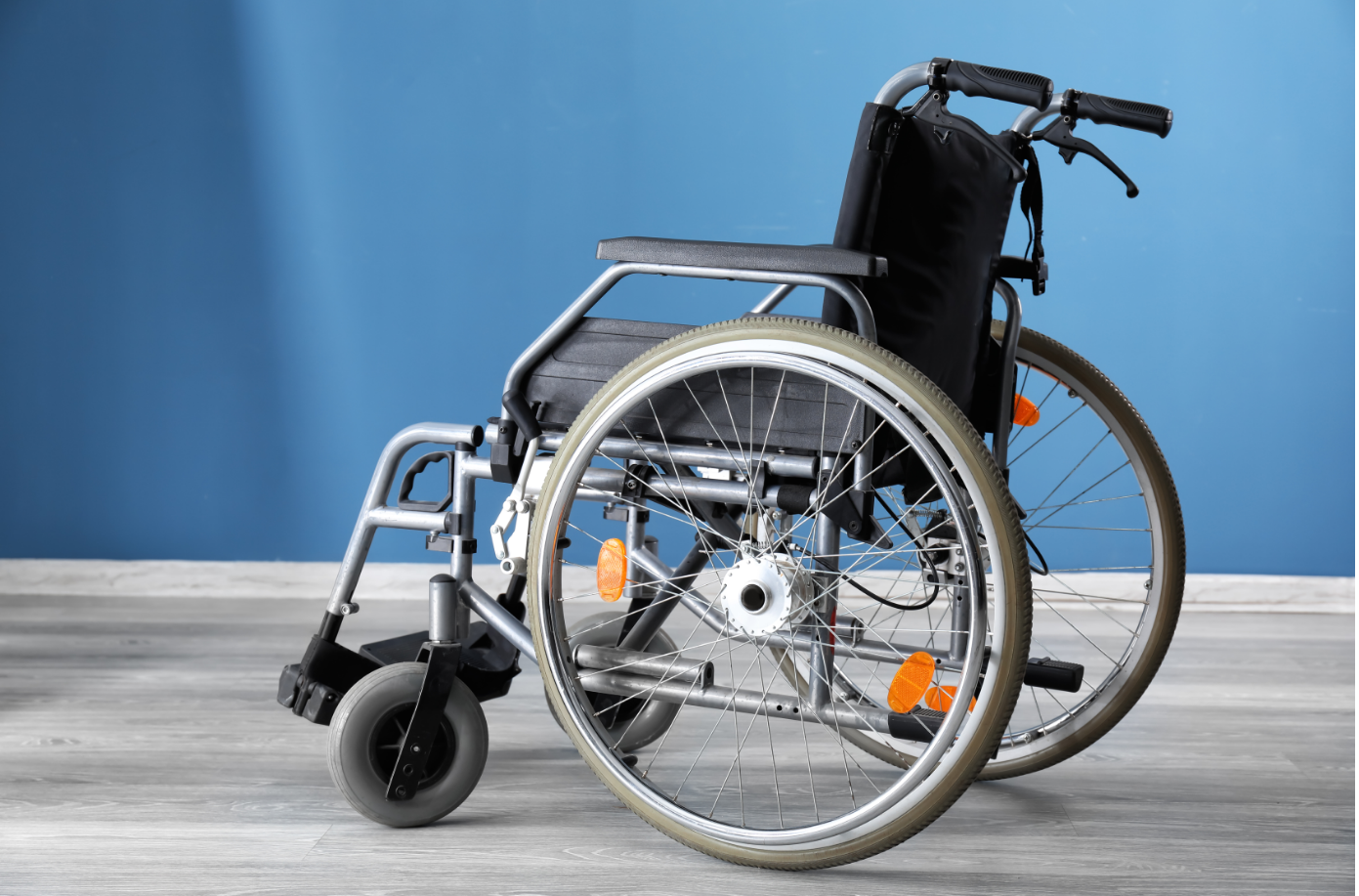The die casting process allows you to create intricate parts and components with high dimensional accuracy, and high-production run capabilities. While die casting provides numerous benefits, selecting the right alloy for your components can be a daunting task.
Die cast components can be created using different alloys, with aluminum and zinc being two widely used alloys for die cast parts. This is due in part to their versatile physical characteristics and mechanical properties. When determining which metal alloy is best suited for your component, the functionality of your component’s application should factor into your alloy selection.
Aluminum Die Casting
Lightweight properties and cost-effectiveness make aluminum a top choice for die cast components and parts. Design engineers value aluminum’s strength-to-weight ratio in addition to other characteristics, including:
- Ability to withstand high operating temperatures
- EMI shielding
- Corrosion-resistance
- Electrical conductivity
- Recyclability
Aluminum die casting creates versatile components and parts with smooth surface finishes and high dimensional stability. The aluminum grade best suited for your component will be determined on your component’s functionality and application uses.
Aluminum Die Casting Applications
Applications where aluminum die cast components are commonly used include:
- Electronic housings and devices
- Automotive components
- Medical equipment
Zinc Die Casting
Ideal for small die cast components, zinc alloys are ideal for components with intricate designs or tight tolerances with thin wall sections. With a high melting point, zinc is an easy alloy to cast, making it a versatile choice for a wide range of components and parts. Zinc characteristics include:
- Low-cost
- Cold-formable
- Net shape manufacturing
- Highly repeatable for small parts and components
Zinc Die Casting Applications
Applications where zinc die cast components are well-suited include:
- Complex shape for electronic devices
- HVAC system components
- Net-shaped housings
- Automotive components
- Medical equipment handles or panels
Aluminum Die Casting and Zinc Die Casting Differences
Aluminum and zine have similar characteristics including recyclability as well as good corrosion resistance. The following outlines the differences between the 2 alloys:
- Zinc has a lower melting temperature while aluminum has a higher melting temperature
- Due to its low melting temperature capabilities, zinc can be hot chamber cast
- Hot chamber die casting allows for quicker production and lower cost than cold chamber casting
- Zinc provides precise, dimensional accuracy
Find an Aluminum or Zinc Die Casting Manufacturer
Let us take the guesswork out of finding a qualified die casting manufacturer. We can source an aluminum or zinc die casting manufacturer that can create the die cast components you need and exceed your expectations. Call us at 408-205-1319 or contact us today.



